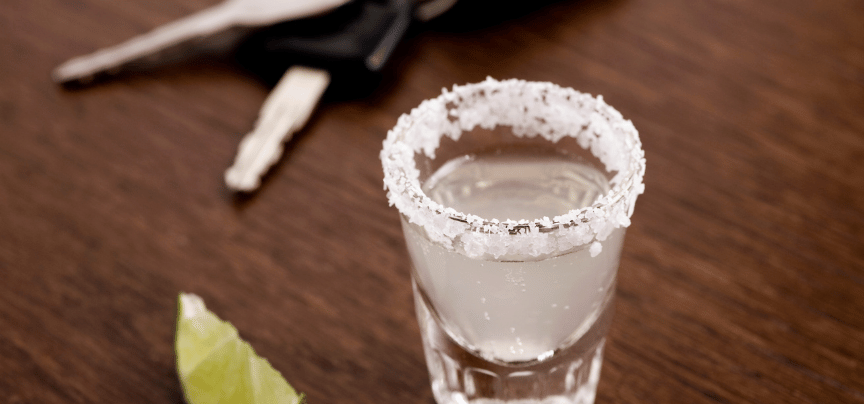
Most information regarding alcohol consumption and what most alcohol education revolves around is the amount that we drink. Teenagers and young adults are commonly taught how many cans of beer, glasses of wine, or alcohol-related shots equate to being buzzed, drunk, and way over the legal limit.
While those numbers are important, they are just one factor of many that affect a drinker’s blood alcohol concentration (BAC).
From your age to emotional state and what you ate for dinner, our BAC factors are wide-ranging. Let’s take a closer look.
- Age: As you get older, your BAC, and subsequently, your feeling of drunkenness increases more rapidly.
- Gender: Lower quantities of an enzyme in their stomach that break down alcohol and a lower water level in their bodies than males cause female BAC levels to increase at a faster rate.
- Rate of consumption and drink strength: The faster your drink and the harder you drink, the quicker and more severe you’ll be drunk.
- Weight: More weight equals more water content in your body that dilutes alcohol. This can lead to heavier individuals drinking more than their smaller friends to keep pace.
- Muscle to fat ratio: Fat, unlike muscle, cannot absorb alcohol and has a low water content. Thus, individuals with high fat content will feel the effects of their alcoholic drinks before there more muscular counterparts.
- Metabolic tolerance: The rate at which our body processes and detoxifies alcohol. Metabolic tolerance differs from person to person.
- Emotions: Stress limits our body’s ability to absorb alcohol into our bloodstream by rerouting the blood from our stomach and small intestines to our muscles. When our mind and body calm down after drinking alcohol in a stressful state, those blood entrance avenues open back up, causing a significant shift in the alcohol’s effect on our body.
- Medications: Cold, allergy and prescription medication don’t react well with alcohol.
- A full stomach: Empty stomachs equal drunk drinkers because your body has nothing but water and some stomach enzymes to slow down the rate alcohol absorbs into the drinker’s bloodstream.
- Diabetes: Alcohol consumption can cause glucose levels to fluctuate, causing potentially harmful hypoglycemic episodes for people with diabetes. When a person with diabetes is in a state of hypoglycemia, they may display the same actions as a drunk person without diabetes.
- Alcohol intolerance: The body’s inability to break down alcohol.
As you can see, your BAC level relies on more than the number of drinks you consume. But no matter how much information is passed along, people still make mistakes and may get charged with a DUI. That doesn’t mean the driver should be shamed or ostracized. What drivers deserve is a defense attorney that will seek their best interests. If you face a DUI charge, be sure to weigh your legal options.
